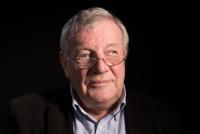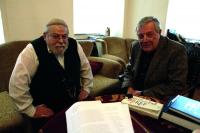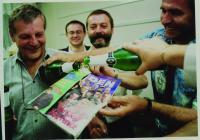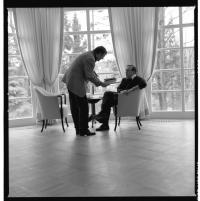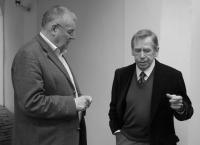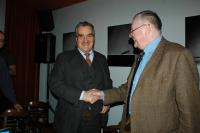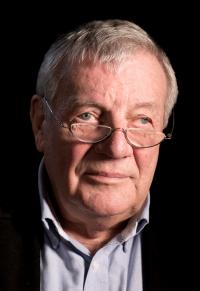I was always interested in writing rather than in functions
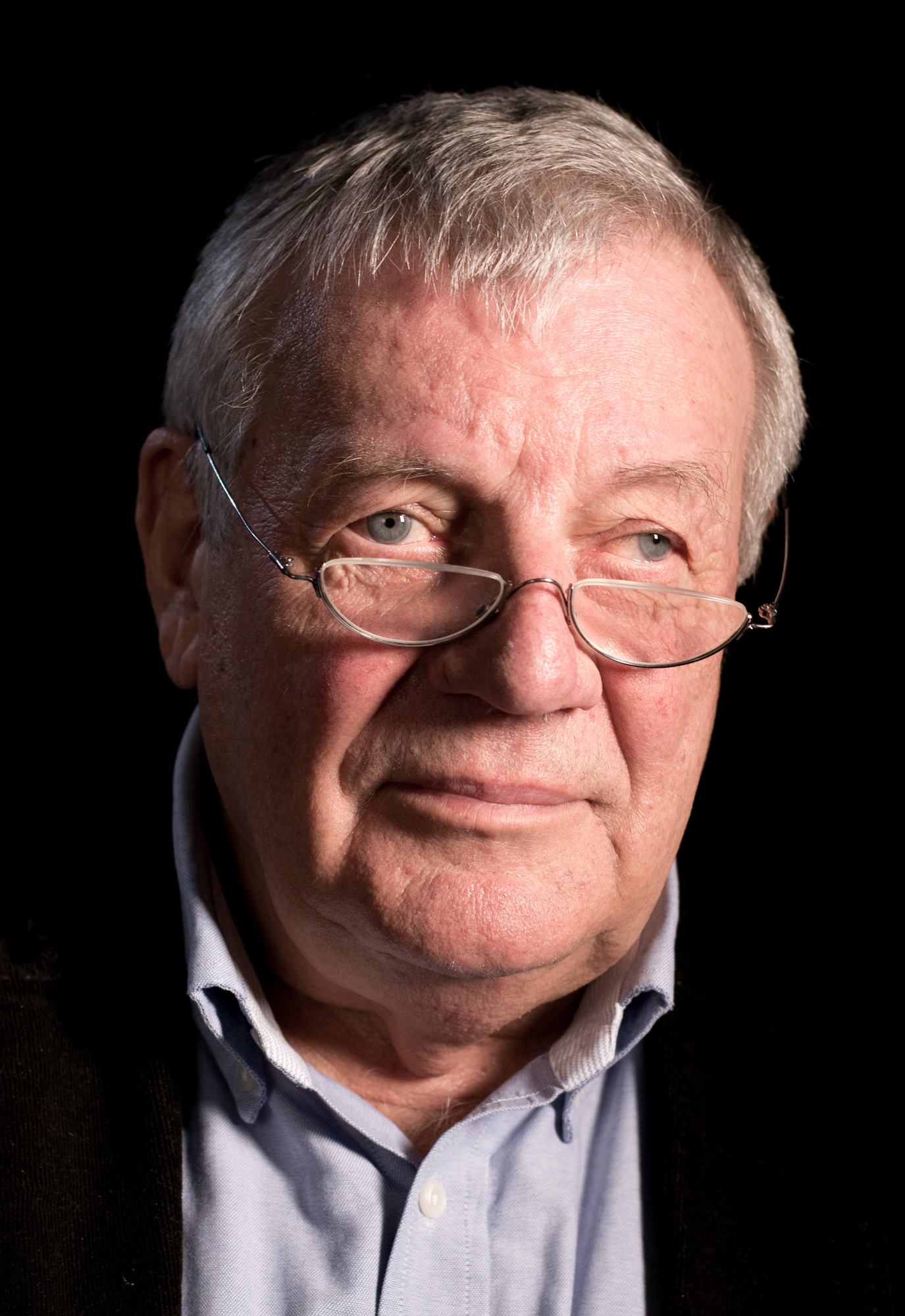
Download image
Karel Hvížďala was born on 16 August 1941 in Prague. He graduated from the Faculty of Mechanical Engineering at the Czech Technical University in Prague but already at that time focused on writing, most of all poetry. In the 1960s he was a member of the editorial staff of the Mladý svět magazine, and later worked for the publishing house Albatros where he established the Objektiv edition. In 1978 he and his family immigrated to West Germany. For twelve years he lived in Bonn, continuing in both journalistic and literary work. He wrote several radio plays there, contributed to exile magazines, worked in the Index publishing house and as a journalist collaborated among others with Radio Free Europe. In the 1980s he became known for his book Dálkový výslech (“Long-distance Interrogation”), an interview with Václav Havel. After the Velvet Revolution he returned to Czechoslovakia where he worked for a while as editor-in-chief of Mladá fronta DNES daily and in 1994 co-founded Týden magazine. Since 1999 he is a freelance journalist and writer. He authored numerous other interview books (with personalities such as Karol Sidon, Pavel Landovský, Václav Bělohradský, Jiří Gruša and others), novels, novellas and radio plays.
